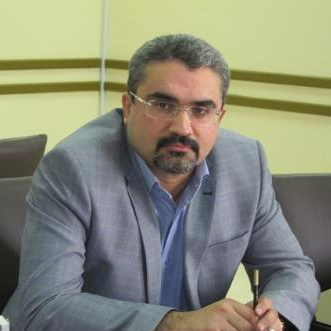The Effectiveness of Teaching Metacognitive Strategies on Processing Speed and Organizational Planning in Elementary School Boys with Mathematical Disorder
Keywords:
Metacognitive Strategy Training, Processing Speed, Planning, Organization, Mathematical Disorder, Elementary SchoolAbstract
Background and Objective: Mathematical disorder can lead to decreased processing speed and organizational planning in elementary school students. Therefore, the aim of this study was to determine the effectiveness of teaching metacognitive strategies on processing speed and organizational planning in elementary school boys with mathematical disorder.
Methods and Materials: This research is applied in terms of its objective and is a quasi-experimental study with experimental and control groups, utilizing a pre-test, post-test, and a two-month follow-up design. The study population consisted of elementary school boys with mathematical disorder in Tehran. A total of 30 boys were selected using purposive sampling and randomly assigned to two equal groups. The experimental group received 8 sessions of 60 minutes each on metacognitive strategies, while the control group received no training during this period. The research instruments included the Processing Speed Test (Oswald & Roth, 1978) and the Tower of London Test (Shallice, 1982). The data were analyzed using repeated measures ANOVA and Bonferroni post hoc test in SPSS software.
Findings: The findings showed a significant difference between the experimental and control groups in terms of processing speed and organizational planning in elementary school boys with mathematical disorder (P < 0.001). In other words, teaching metacognitive strategies increased processing speed and organizational planning in elementary school boys with mathematical disorder, and the results were maintained at the follow-up stage (P < 0.001).
Conclusion: Based on the findings of this study, metacognitive strategy training can be used to improve processing speed and organizational planning in individuals with mathematical disorder.




























